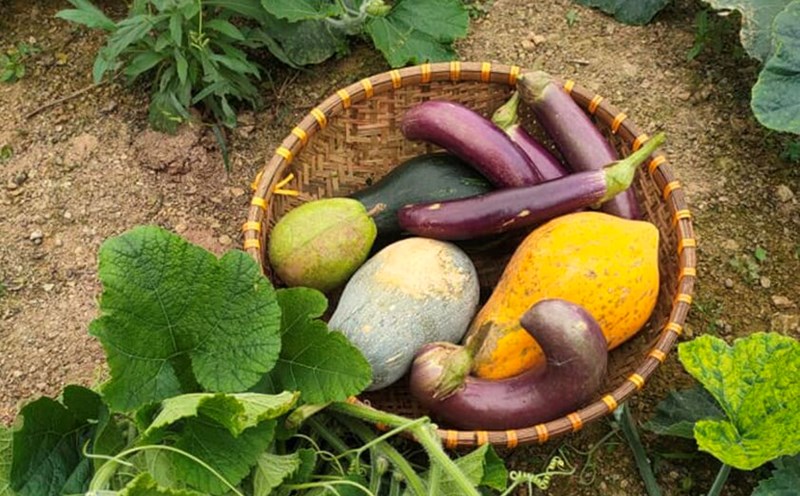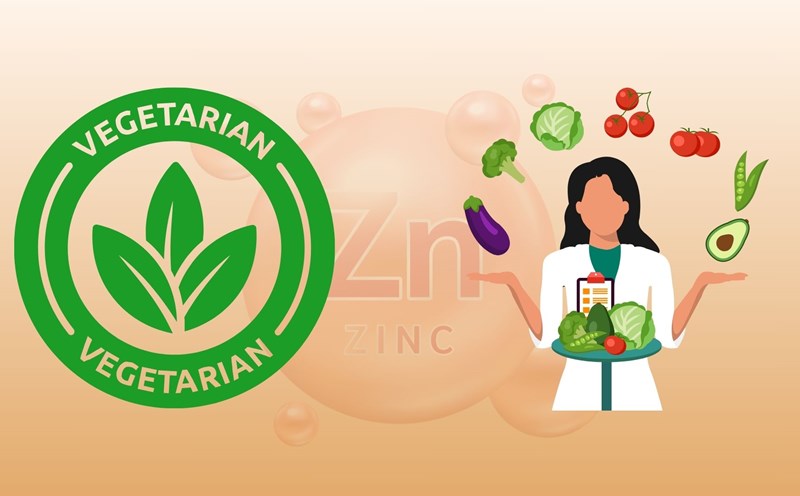Vegetarian diets, especially vegan diets, are increasingly popular for environmental, ethical and health benefits. However, in addition to the plus points such as helping to improve cardiovascular health, support digestion and lose weight, nutritionists warn that some essential nutrients are easily deficient if you do not know how to supplement properly.
A vegan diet can be healthy if carefully planned with whole foods, protein-fortified foods and calorie supplementation, emphasized nutritionist Rakshita Mehra from the Institute of Nutrition and Holistic Health in New Delhi (India).
7 nutrients to consider when eating a vegetarian
Vitamin B12
This is an essential nutrient for the nervous system, red blood cell production and DNA synthesis. B12 is mainly found in animal foods. If you lack it, you are more likely to get tired, have poor memory and damage your nerves. Pay attention to supplementing with fortified cereals, plant milks or tablets.
Heme iron
There are two types of iron: heme (only found in animals) and non-heme (from plants). Heme is easier to absorb. Iron deficiency can easily lead to weakness, pale skin and anemia, Mehra says. Lentils, tofu, and spinach should be eaten with foods rich in vitamin C to increase the ability to absorb iron.
Omega-3 DHA
DHA is an essential fatty acid for the brain and cardiovascular system, found primarily in fish oil. Plants contain ALA - a form of precursor that converts to DHA but is very low in effectiveness. Vegetarians can supplement DHA from algae or increase flaxseeds, walnuts, divided into their diet.
Calcium
C calcium is very important for bones, teeth, nerves and muscles. If you don't absorb enough, you can suffer from osteoporosis or muscle cramps," according to a study published in the Journal of Eat Strong and Live dynamically. Good alternatives are leafy greens, soy milk and tofu.
Vitamin D
Vitamin D deficiency can lead to depression, bone pain and immune deficiency. D3 is the most effective form of vitamin, mainly found in animals. Exposure yourself properly, eat mushrooms exposed to UV rays, or take appropriate supplements.
Zinc
Zinc helps boost immunity, heal wounds and protect the skin, Mehra says. However, phytate in plants can interfere with zinc absorption. Eat plenty of pumpkin, chickpeas and oatmeal to improve zinc intake.
Complete protein
Plant protein is often deficient in essential amino acids. Therefore, vegetarians need to combine cereals and beans, such as rice and lentils, tempeh and quinoa to ensure adequate nutrition. If you do not have it, you are susceptible to muscle loss, fatigue and a weak immune system.











